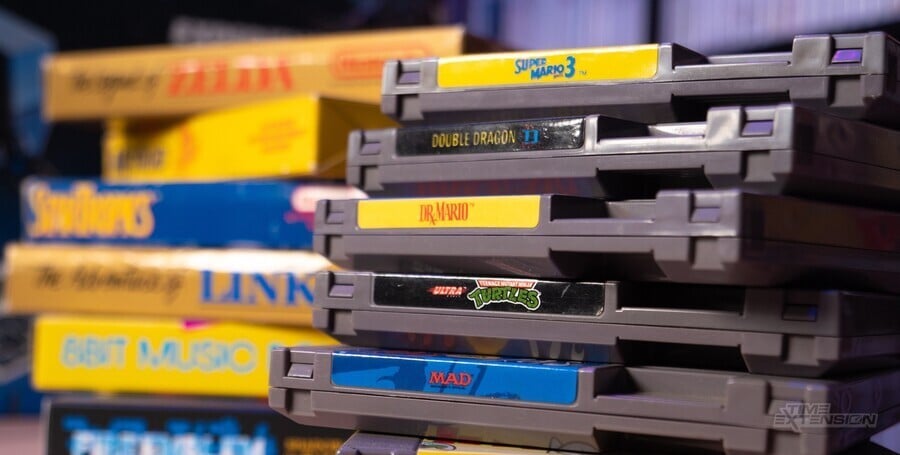
A programmer named Pubby has designed a new programming language called NESFab for NES game development (as spotted by the Retro Game Club Podcast). So, if you're a homebrew developer or just want to experiment with a new language, this might be something worth taking a closer look at.
The NESFab website refers to the language as being "designed with 8-Bit limitations in mind", and claims that it is "more ergonomic to use than C". In particular, it advertises itself as producing "faster assembly code", being able to handle bank switching automatically, and load assets much more easily.
To demonstrate this new language, Pubby shared a small arcade game he made using NESFab called Hang Glider, based on the paper airplane mini-game from Wario Ware, Inc: Mega Microgame$.
You'll find the Source Code and Binary Releases for NESFab on the website GitHub. Documentation and a tutorial on how to make a short maze game are also available on Pubby's website.





